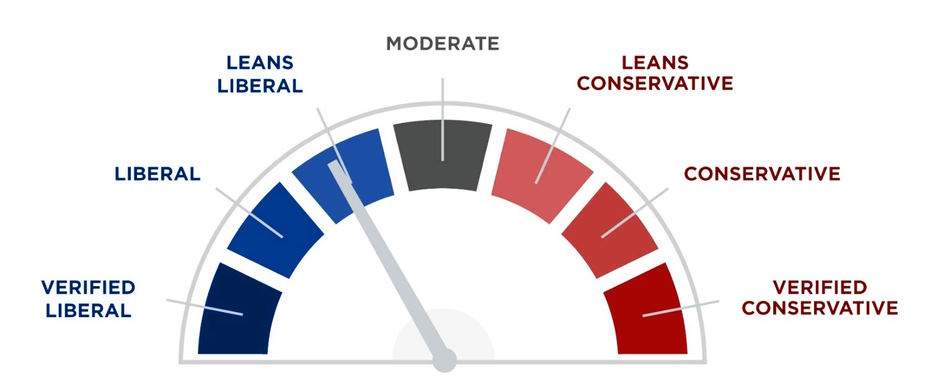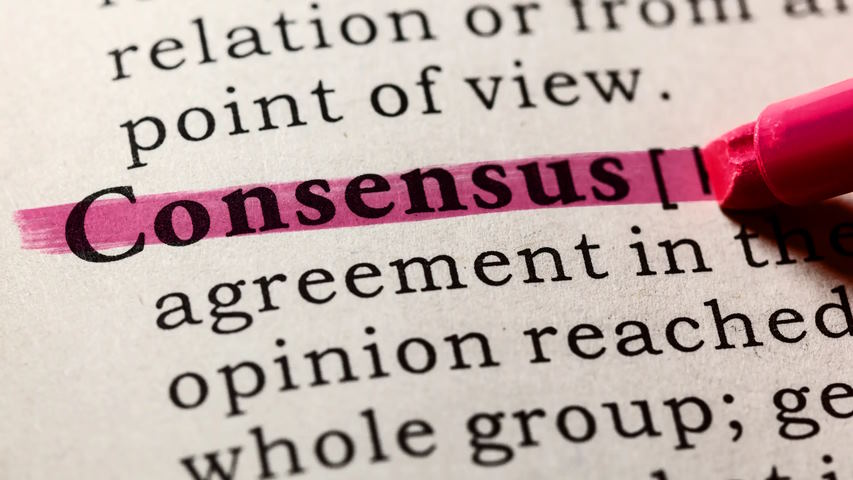
Politics is often a complicated and convoluted landscape, no matter which perspective you choose to view it from. From presidential election campaigns and conflicts between governments across the world to seemingly local issues like zoning regulations – an endless variety of debates arise that affect us all on some level or another. It’s easy to be overwhelmed by news stories that come at us so fast, but if you take a step back and look more deeply into how politics works, then you can begin to understand the motivations behind political decisions and ultimately even wield influence within your own community. In this blog post, we will dig deep into the ideologies behind our leaders’ strategies in order for each one of us to become more informed citizens with the power to effect change!
Uncovering the role of motivation in political decision making
Motivation is an important factor in political decision-making. It has been found to play a role in influencing the behavior of both leaders and followers, as well as the outcomes of policies and decisions. However, it is also difficult to measure or quantify, which complicates our ability to study its effects on political decisions.
One way to approach the study of motivation in politics is by analyzing individual actors’ motivations—what drives them to make particular choices? This can be done through surveys or qualitative interviews with politicians and other stakeholders in decision-making. Additionally, researchers have sought to examine how group dynamics and institutional cultures shape motivation within particular contexts.

Motivation research has also looked at how specific policy issues tend to be tied to certain values and interests. For example, research has found that individuals are more likely to support a policy if it is framed in terms of their own personal values or interests. This suggests that understanding motivations can help explain individual attitudes toward particular policies and how these attitudes influence political decision-making.
Finally, motivation can also affect the outcomes of political decisions. Research has suggested that those with higher levels of motivation are more likely to have success in achieving their goals, while those with lower levels may struggle to reach desired objectives. Additionally, motivated decision-makers may be better able to manage conflict and negotiate solutions than those without strong motivational drives.
Overall, by uncovering the role of motivation in political decision-making, researchers can better understand how individual, group, and institutional factors shape the outcomes of political decisions. This knowledge can be used to help inform more effective policy strategies and outcomes.
Examining motivated political reasoning through an analysis of motives
It can help us understand the underlying dynamics of political behaviors. For example, motivated reasoning helps explain why people may have strong biases in favor of certain positions or may refuse to change their minds even when presented with overwhelming evidence. By understanding the motivations behind someone’s beliefs and decisions, we can better evaluate whether facts or personal agendas drive those choices.

Furthermore, motivated reasoning is an important tool for evaluating arguments’ construction and positioning. For example, examining the reasons given for a particular opinion can be useful in assessing if those reasons are based on reliable data or unsubstantiated assumptions. Understanding how people form opinions and make decisions can also inform strategies for overcoming partisan biases and engaging in meaningful dialogue. Ultimately, motivated reasoning provides an important tool for better understanding the political environment and making more informed decisions.
By utilizing motivated reasoning, we can gain insight into how people think and make decisions while also helping to bridge gaps between competing ideologies. By taking a closer look at the motivations behind different perspectives, we can more accurately assess arguments and evaluate which sides of an issue are more likely to offer valid solutions or policies. With this knowledge in hand, we can then find common ground on contentious topics and create lasting solutions that benefit all stakeholders.
In conclusion, motivated reasoning is essential for examining politics from a critical standpoint. It allows us to analyze why people form opinions and make decisions and can help us understand how political arguments are framed and why they carry weight. It also offers insight into bridging partisan divides and working towards meaningful compromises that benefit everyone involved. Finally, by exploring motivations, interests, and beliefs, motivated reasoning provides us with an important tool for making more informed decisions about our political future.


